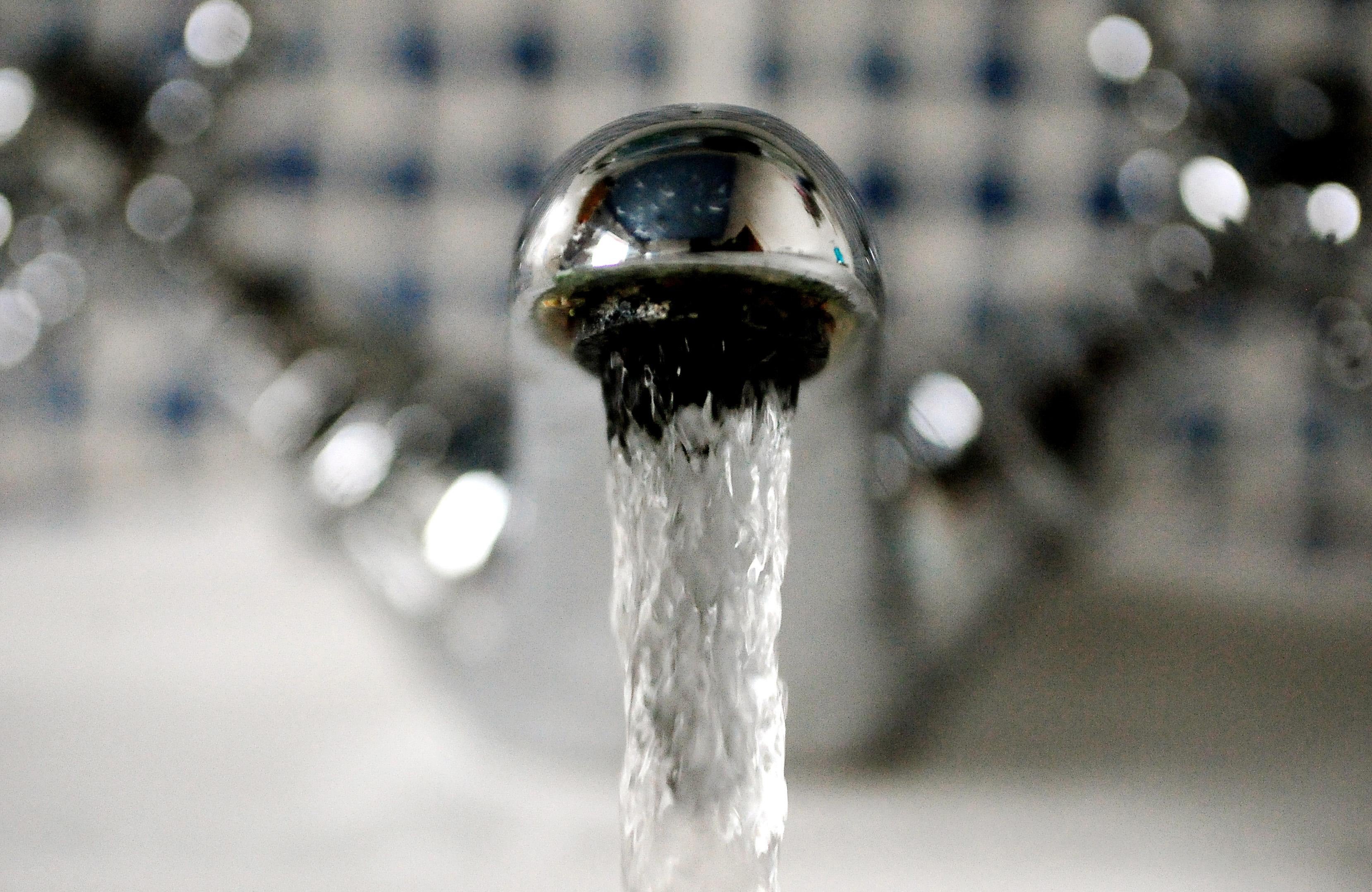E. coli warning issued as thousands of homes in Surrey and Kent could have contaminated tap water
Hundreds of homes in the Oxted, Redhill, Limpsfield, Godstone and Sevenoaks have been affected

Your support helps us to tell the story
From reproductive rights to climate change to Big Tech, The Independent is on the ground when the story is developing. Whether it's investigating the financials of Elon Musk's pro-Trump PAC or producing our latest documentary, 'The A Word', which shines a light on the American women fighting for reproductive rights, we know how important it is to parse out the facts from the messaging.
At such a critical moment in US history, we need reporters on the ground. Your donation allows us to keep sending journalists to speak to both sides of the story.
The Independent is trusted by Americans across the entire political spectrum. And unlike many other quality news outlets, we choose not to lock Americans out of our reporting and analysis with paywalls. We believe quality journalism should be available to everyone, paid for by those who can afford it.
Your support makes all the difference.Thousands of residents in parts of Surrey and Kent have been advised to boil their drinking water over fears that it could be contaminated with E. coli.
Hundreds of homes in the Oxted, Redhill, Limpsfield, Godstone and Sevenoaks have been affected.
SES Water said the problem was found during routine tests and “our teams are working to investigate the problem and restore supplies to their usual high standards.”
In a statement, the water company said: "We are supporting our most vulnerable customers as a priority.
"We are very sorry to everyone who is being affected. Everything possible is being done to do further testing."
The level of contamination has not yet been confirmed and SES Water is still waiting for further test results.
People in the area have been told to boil their tap water before drinking, preparing food or brushing their teeth. Cooled boiled water should also be given to pets.
The E. coli bacteria is usually found in the intestines of humans and animals. Although generally harmless, some strains can cause serious illness including bloody diarrhoea and vomiting.
Subscribe to Independent Premium to bookmark this article
Want to bookmark your favourite articles and stories to read or reference later? Start your Independent Premium subscription today.
Join our commenting forum
Join thought-provoking conversations, follow other Independent readers and see their replies
Comments